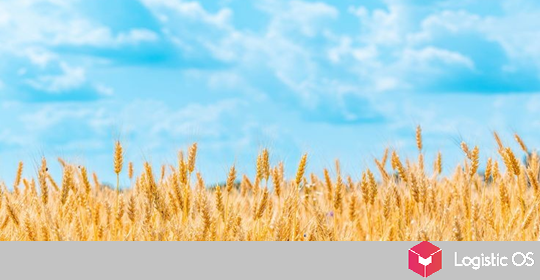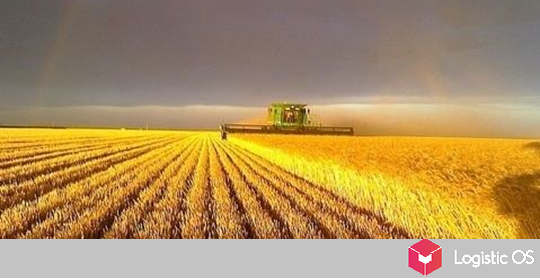Russian companies are confidently moving towards replacing the supply of seeds from abroad with their production within the country.
In particular, the Ruseed company plans to create and bring to the market about 15 new sunflower varieties developed by domestic breeders within 3 years. To make this possible, all necessary measures are now being taken.
“For the first time, within the framework of the project, all participants in the process came together to develop a product: geneticists, breeders, seed producers, processors and commodity producers.
Such interaction will make it possible to create hybrids that will outperform foreign analogues and will be in demand by the market,” company representatives believe.
At the same time, it is expected that the new hybrids will not only be no worse than their foreign counterparts, but will even be able to surpass them.
What will contribute to the implementation of import substitution plans?
One of these factors is the construction of a new breeding and seed production complex in Adygea, which will be launched this year.
But what is most important, experts say, is the creation of fairly strict legislation in this area.
For example, today foreign companies that want to operate in the Russian Federation are required to fully localize on its territory. There are also quotas for the import of foreign seeds into Russia.
Experts note: in those countries that are leaders in the field of seed production today, such strict rules have been in effect for a long time. Most likely, Russia will now follow the same path.
What are the results of the import substitution policy?
Today it is already clear that efforts in this area are bearing fruit.
For example, in 2023, imports of sunflower seeds decreased by 23%, to 15 thousand tons. Imports of corn seeds fell by 43% and amounted to 18 thousand tons. The import of soybean seeds also decreased: by 26%, to 675 thousand tons.
At the same time, many regions of the Russian Federation have already practically carried out import substitution.
For example, 16 regions switched more than 50% to domestic sunflower seeds, 21 regions to domestic soybean seeds, 36 regions to domestic corn seeds.
Most likely, this trend will continue to gain momentum in the future.
It is very important that despite all these changes, the collection did not suffer.
For example, last year the total harvest of oilseeds amounted to 27.6 million tons instead of 26.9 million tons in 2022. Exports of oilseeds also increased by 40%.
Including, 320 thousand tons of sunflower and 7 million tons of vegetable oils were sold abroad.
Thus, the transition to domestic seeds should not only not worsen, but also improve the potential of Russian farmers.

